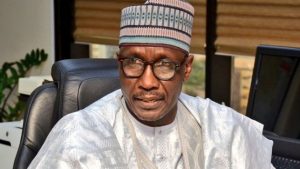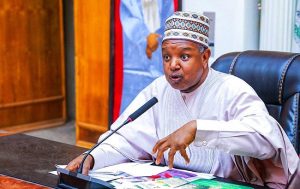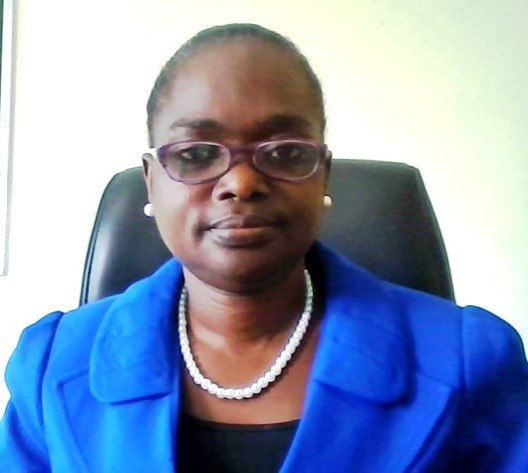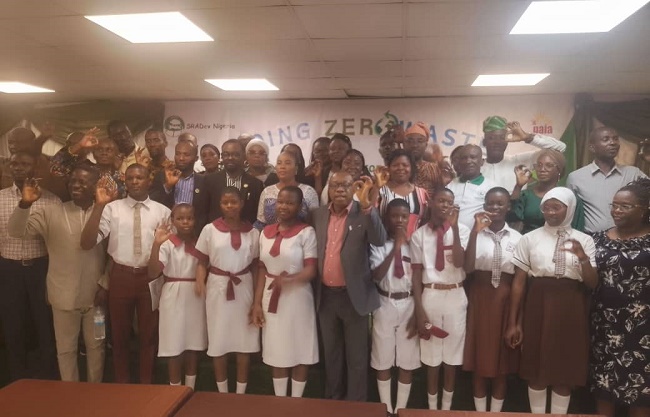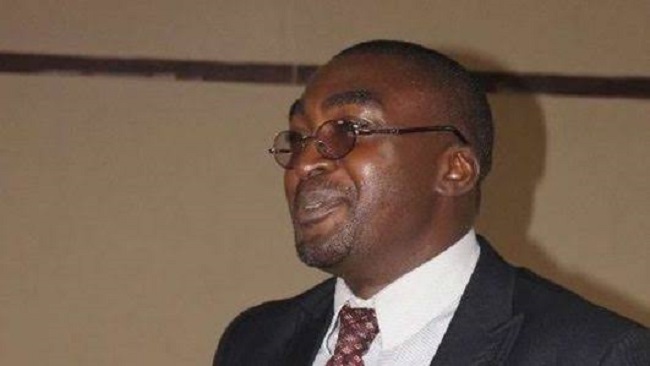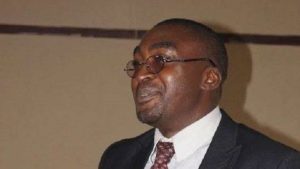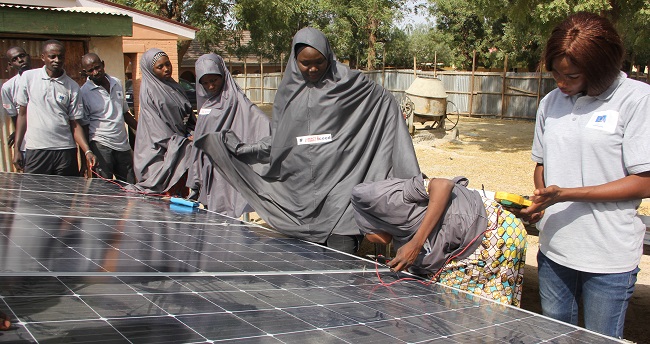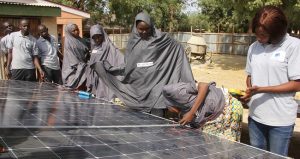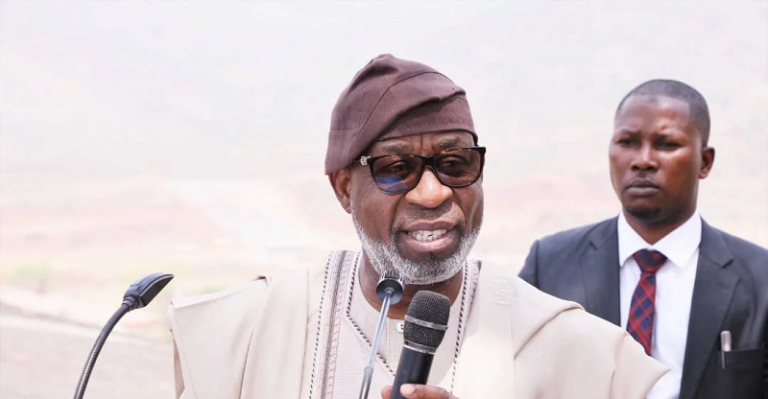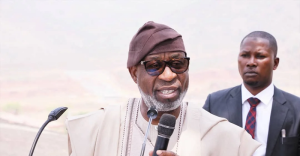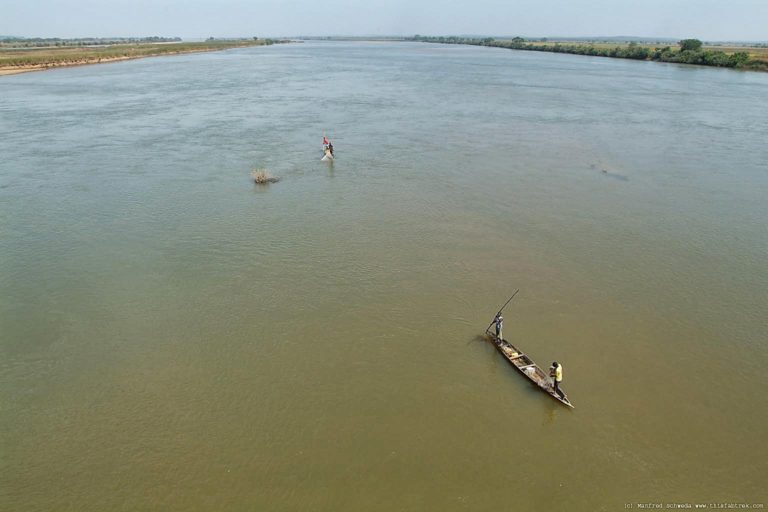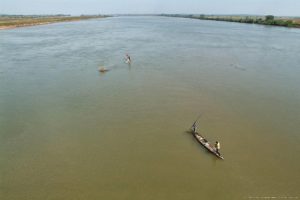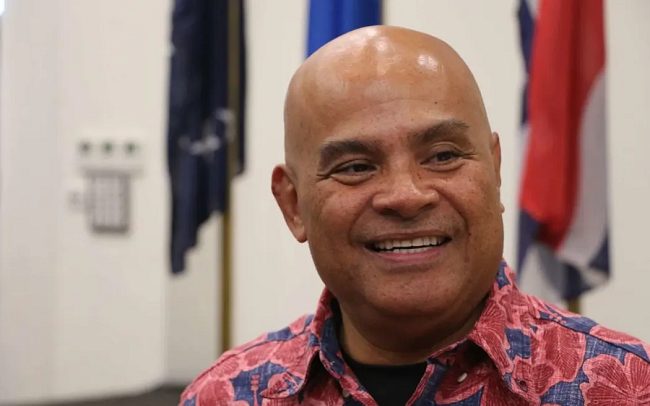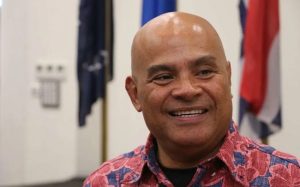The Nigerian Meteorological Agency (NiMet) has predicted thunderstorms from Monday, September 30 to Wednesday, October 2, 2024, across the country.

NiMet’s weather outlook released on Sunday, September 29, in Abuja envisaged localised thunderstorms over parts of Kebbi and Zamfara states in the northern region during the morning hours.
According to NiMet, localised thunderstorms are anticipated over parts of Zamfara, Kaduna, Bauchi, Kebbi, Adamawa, and Taraba states during afternoon/evening hours.
“In the North Central region, localised thunderstorms are expected over parts of the Niger and Kwara states during the morning hours.
“Later in the day, localised thunderstorms are anticipated over parts of the Federal Capital Territory, Nasarawa, Plateau, Kwara, Kogi, and Plateau states.
“Localised thunderstorms are expected over parts of Cross River, Akwa Ibom, Lagos, and Ondo states in the southern cities during the morning hours,” it said.
The agency anticipated localised thunderstorms over parts of Oyo, Ondo, Osun, Ogun, Imo, Enugu, Ekiti, Edo, Ebonyi, Delta, Bayelsa, Rivers, Cross River, Lagos, and Akwa Ibom states later in the day.
“For Tuesday, morning localised thunderstorms are expected over parts of Taraba, Adamawa, Kano, Katsina, and Jigawa states in the northern region.
It forecast localised thunderstorms over parts of Adamawa, Taraba, Kaduna, Zamfara, Kebbi, Sokoto, Bauchi, Borno and Gombe states later in the day.
According to NiMet, localised thunderstorms are anticipated over parts of Plateau and Nasarawa states during the morning hours.
“In the afternoon/evening hours, localised thunderstorms are anticipated over parts of the Federal Capital Territory, Plateau, Nasarawa, and Niger states.
“In the southern cites, localised thunderstorms are expected over parts of Delta, Edo, and Ondo states during the morning hours.
“Later in the day, localised thunderstorms are anticipated over parts of Ogun, Edo, Ekiti, Ondo, Imo, Enugu, Anambra, Lagos, Delta, Rivers, Bayelsa, Cross River, and Akwa Ibom states,” it said.
The agency predicted morning localised thunderstorms over parts of Kaduna, Zamfara, and Kebbi states in the northern region on Wednesday.
It envisaged localised thunderstorms over parts of Taraba, Adamawa, Borno, Bauchi, Kaduna, Zamfara, Kebbi, Jigawa, and Kano states.
“In the North Central region, localised thunderstorms are anticipated over parts of the Federal Capital Territory, Plateau, Nasarawa and Kogi states in the morning hours.
“Later in the day, localised thunderstorms are expected over parts of Niger, the Federal Capital Territory, Nasarawa, Plateau, and Benue states.
“Localised thunderstorms are expected over parts of Cross River and Akwa Ibom states in the southern cities during the morning hours,” the agency said.
According to it, localised thunderstorms are expected over parts of Oyo, Osun, Ekiti, Ondo, Lagos, Enugu, Abia, Ebonyi, Cross River, Rivers, Akwa Ibom, Delta, and Bayelsa states later in the day.
NiMet urged residents to avoid flood prone areas as there could be a high likelihood of urban flooding in major cities due to heavy downpours and strong winds might precede the rains in areas where thunderstorms are likely to occur.
“Adhere to safety advisories issued by relevant authorities. The public is advised to stay informed through weather updates from NiMet. Visit our website www.nimet.gov.ng.
“Airline operators are advised to get airport-specific weather reports (flight documentation) from NiMet for effective planning in their operations,” it said.
By Gabriel Agbeja



